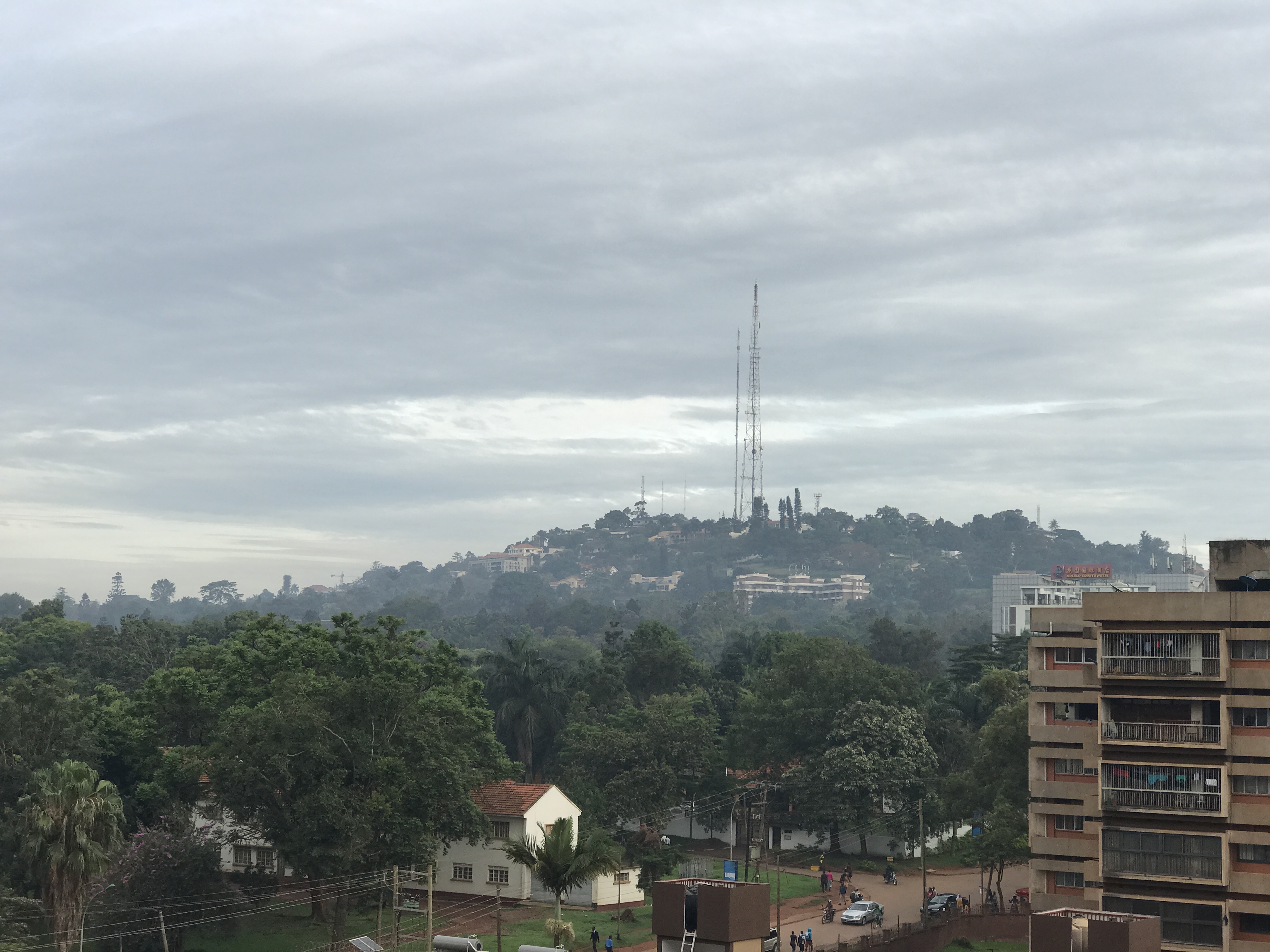Uganda has been taken off the monitoring list of countries with high risk of money laundering and terrorist financing. The list is compiled and monitored by the Financial Action Task Force, a powerful body whose ultimate effect – through peer action, is to strengthen the health of the global financial system.
The sanctions a country faces for non-compliance can be serious.
Blacklisted countries such as North Korea for example can have no relationship with financial institutions including banks and insurance companies for accredited countries.
Uganda has been a reluctant participant forced to comply on the threat of sanctions in 2014. That was when it was placed on the watch list. Since then it has tried to meet the minimum standard partly by establishing a regulator (Financial Intelligence Authority) and passing a raft of laws including the Anti-Money Laundering Act (amended in 2017)– the main legal mechanism required under FATF rules.
The decision to take if off the list (Tunisia, Sri Lanka and Trinidad and Tabago were added, will be met with some relief in Kampala. The FATF status has already hurt business, according to multiple government sources, with some Asian and European countries that have tapped their financial institutions to go slow on business in Uganda.
Money laundering risks/Regional pressures
Large government projects mainly in infrastructure are attracting significant investments and inflows of foreign exchange to a state sector with near epidemic official corruption. According to one report by the Inspector General of Government in 2013 nearly $50 million was paid in bribes in Uganda but these figures reflect a hugely conservative estimate.
Corruption scandals tend to fill the newspapers and online reports show that pressure from multiple, often competing government institutions and decision points widen the circumference for malfeasance which runs counter to government’s formal efforts at reforms. Additional funds are lost to criminal activity from such sectors as wild life and human trafficking, tax evasion and miss-invoicing (the last according to Global Financial Integrity costs Uganda $813 million annually).
As for terrorism financing, the other issue at the heart of FATF monitoring, Uganda tends to be less of a source of financing than a target of various groups including Al Shabab in Somalia and Allied Democratic Forces in Democratic Republic of Congo. Aside from hostile organized groups these jurisdictions share one feature – exploiting the porous borders and large informal sector of Uganda.
Another jurisdiction, South Sudan, is also an issue.
Senior Southern Sudanese political and military figures have been recently sanctioned by the United States for enriching themselves off the civil conflict that broke out there in 2014.
However the US government and international civil society have pointed out that stolen or misappropriated South Sudanese funds are funnelled (or laundered) through regional financial systems particularly Uganda. The sanctions were imposed by the US as a tool to pressure the government in Juba to end the conflict. However the threat of sanctions can/could theoretically be extended to Uganda on similar grounds despite its central role in taking in the bulk of refugees from the conflict.
To get a sense of the scale of Uganda’s involvement is a recent leaked audit report that was published by the Mail & Guardian that showed the widespread abuse of Letters of Credit by South Sudanese (mainly military) elites with enabling institutions in the region including Ugandan based banks and businesses.
While based on an detailed investigation of an audit report a casual look at trade figures based on ITC trademap suggests much more could be going on between South Sudan and regional countries.
Ugandan exports to South Sudan dropped from $280 million in 2014 to zero in 2016. Similarly South Sudan overall imports from the world dropped from $619 in 2014 to just $171 in 2016 ( about 78.6% in two years). Cereal imports important for the humanitarian food crisis dropped from $90 million in 2014 to just $4 million in 2016. However South Sudan oil exports were valued at $1.47 billion in 2016 ( $2.33 billion in 2015 and $4.41 billion in 2014) begging the question where the additional dollars are going if they are not reflected in import spending ( or strengthening the South Sudan pound).
The immediate answer could be massive flight to the defense sector, which while classified as been identified by activists as one of the last remaining retreats of official corruption. In all these events pose a major challenge for Uganda’s relatively new anti-money laundering architecture.
The theft of public funds in Uganda is in part driven by uncertainty around political events in particular a prolonged transitional process that is pressuring state-based elites to move money into safety catchment areas such as real estate – the number one risk area for money laundering. Political uncertainty also reduces the time horizons for investments.
Long running investments, which have a significant harvest time of more than 12 years, are passed over for quick maturing investments.The latter however tend not to be transformative and pose a risk of ML (as seen from speculative investments in minerals and precious stones).
Thus while Uganda has been removed from the list there is a real potential for regression if no more action is taken beyond the procedural reforms that are in place.
